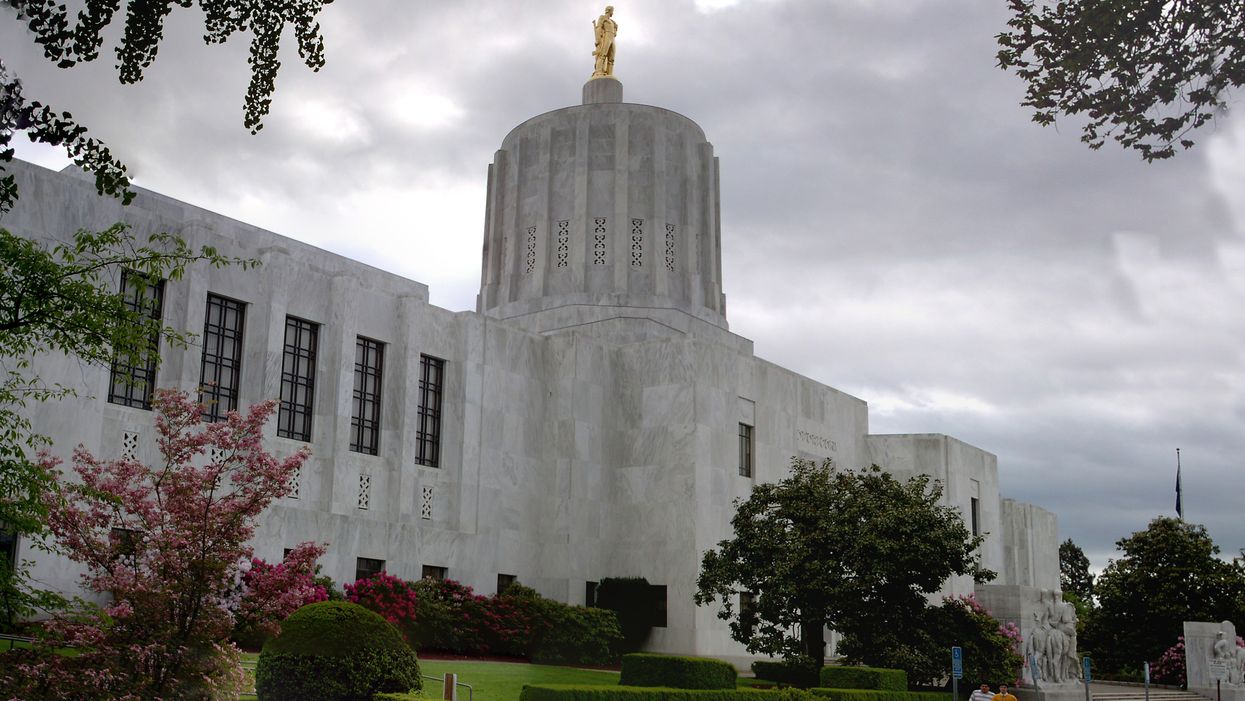The future of Oregon's money-in-politics rules now rests on the shoulders of the voters: A 2020 ballot initiative will allow Oregonians to decide whether campaign finance regulation is constitutional.
Before the session ended on June 30, the Democratic-controlled legislature passed three bills to bolster transparency and regulation around election spending. But all three bills hinge on the first one advancing through the ballot initiative process.
The first measure received bipartisan approval by the House and Senate and could lay the groundwork for all future money-in-politics regulations within the state. It amends Oregon's constitution to allow future campaign finance laws to be enacted by the legislature, any governing body of a city, county, municipality or district in the state, and the people of Oregon through an initiative process.
Now that this measure has been passed by the legislature, it's up to Oregon voters to give the final approval. The ballot question will ask whether officials will be given the authority to limit big-money influences in Oregon politics.
The outcome of the ballot initiative will also determine the fate of two transparency bills passed by the legislature this session. If the ballot initiative is successful, these two bills will take effect immediately.
The first of the two transparency bills mandates the disclosure of the top five funding sources for a political advertisement made in support of or in opposition to a candidate. The second combats Oregon's dark money activity by requiring organizations that receive large donations ($10,000 or more) to disclose the name, address and aggregate amount given by each donor during a particular election cycle.
Two other pieces of campaign finance legislation in Oregon were considered this year, but ultimately did not gain enough traction to pass before the session ended.
One of the considered bills would have put limits on the total contributions a candidate or political committee can accept in an election cycle. The other would have established a Small Donor Elections Program to enable candidates running for state representative or state senator to receive 6-to-1 matching on small-dollar donations.




















Trump & Hegseth gave Mark Kelly a huge 2028 gift